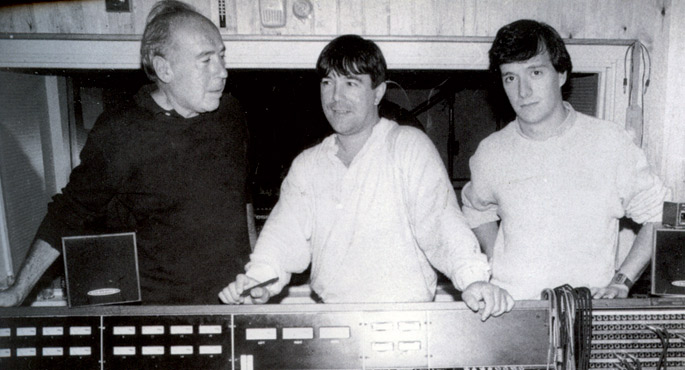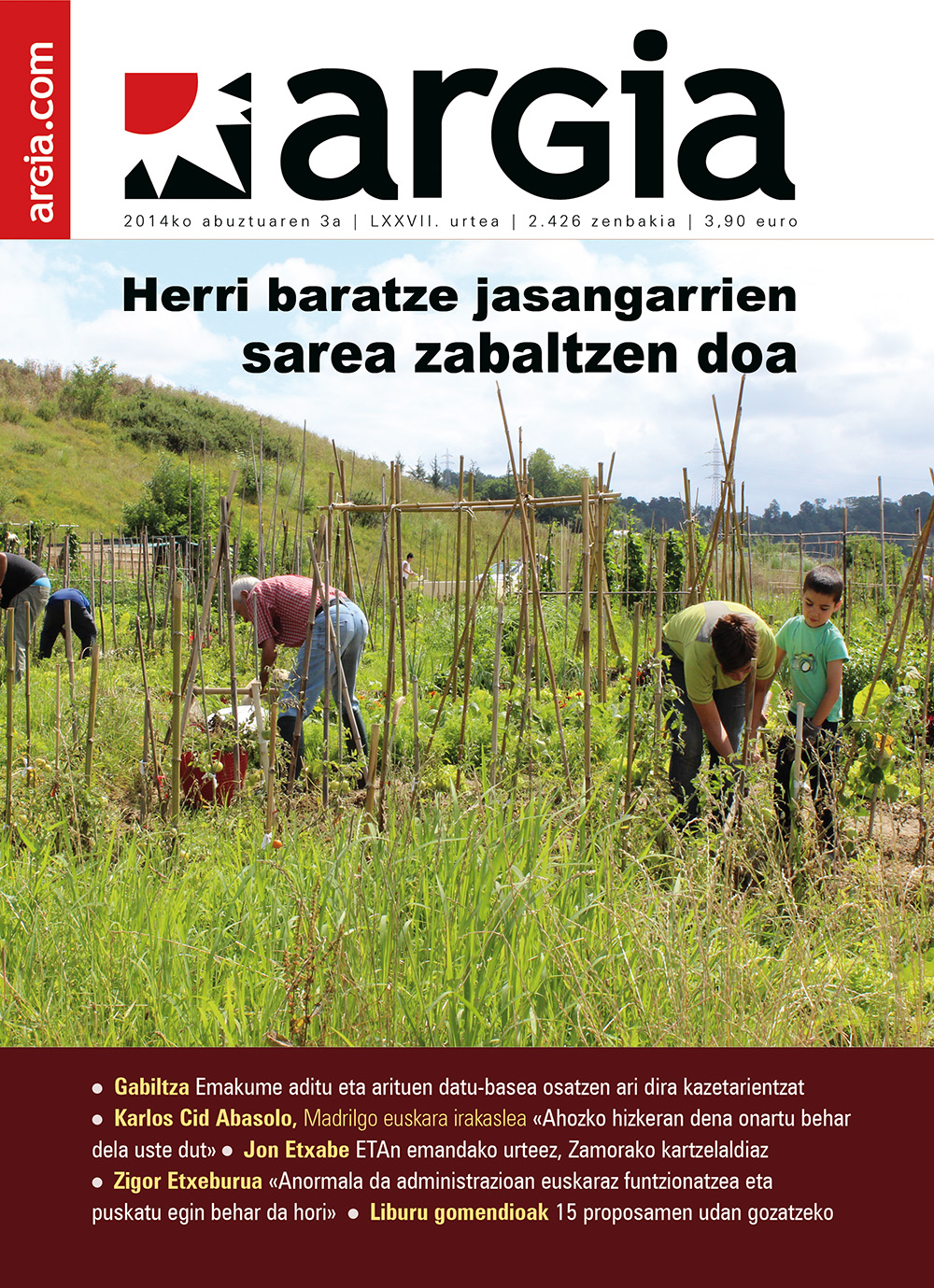Emotions of Laboa-Bastida
- Memoirs (a biography of Mikel Laboa): Mari Sol Bastida. Elkar, 2014

Memories should be collective to be credible. Therefore, Mari Sol Bastida has written a biography of Mikel Laboa, which has been compiled by EiTB. One. I can illustrate Laboa's Bat/Hiru biography. Four/Five and Eleven as well. But no 13. Ez dok amairu. I can imagine these biographies in the colors of Zumeta.
Mari Sol has avoided topics by describing Mikel. I, on the other hand, will put a topic to refresh it: “Behind a great woman is a great artist. Or, next to it, art can germinate.” Without a frame, I can't imagine Laboa's work.
Memories is a collective representation of experience and free life, an image of popular culture and the creation of a time. A flow of shared sorrow and joy. There is no one without two. In both of them is the collective. And there are no collectives without family, crew or friends.
Since I was young, Laboa's songs have illuminated the shadows and turned off the lights. They've helped me imagine my heart, like Zumeta's images on the cover of the book: we're not one, we're at least two. There is no creation without suffering, nor love without thorns. The love you feel for the book is immense.
Mari Sol Bastida has been courageous in opening the doors of her house. That is, the duo Laboa-Bastida for demonstrating that they are the caste of a temperamental and sociable stoic artist.
Oh, old heart! “My heart, my heart of clay, that small house, weak, fragile, that four-room house.”
Thank you for finding me at home.
We lived in Spanish, in unified Spanish. It's not a pejorative question, not even Jakue Pascual's book, which was written in Spanish. On the contrary. The long title shows very well its existence. Even more so in the title: Free radios, fanzines and occupations.
The author has... [+]
Desobedientzia zibil ez-biolentoa aipatuz gero, Mahatma Gandhi aurkeztuko digute ikur nagusitzat, Indiako kolonialismo gerrazale ingelesaren parte eta sustatzaile, Mussoliniren aldeko edo orduko Etiopia eta Abisiniako sarraskien justifikatzaile aritu bazen ere.

























